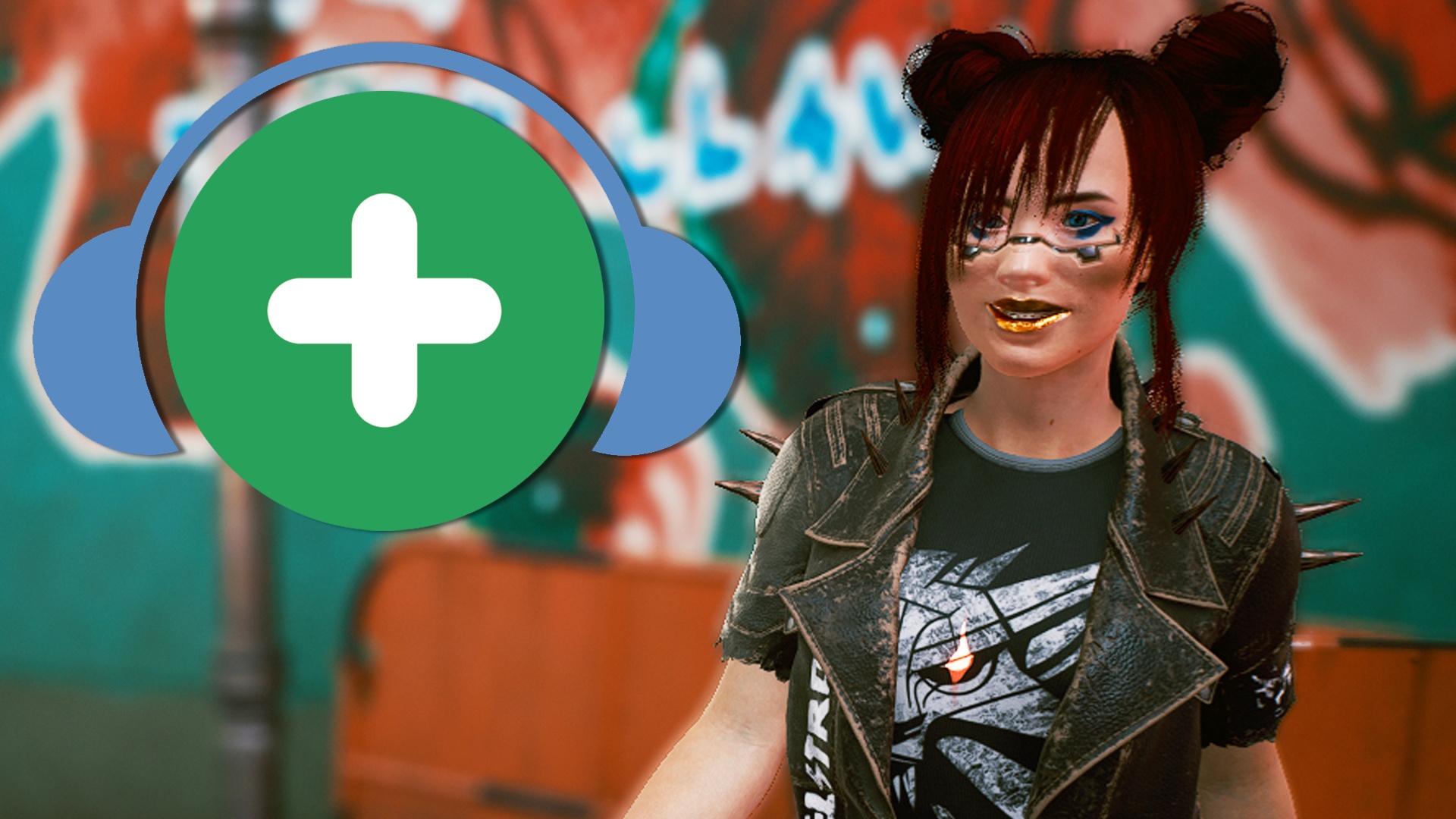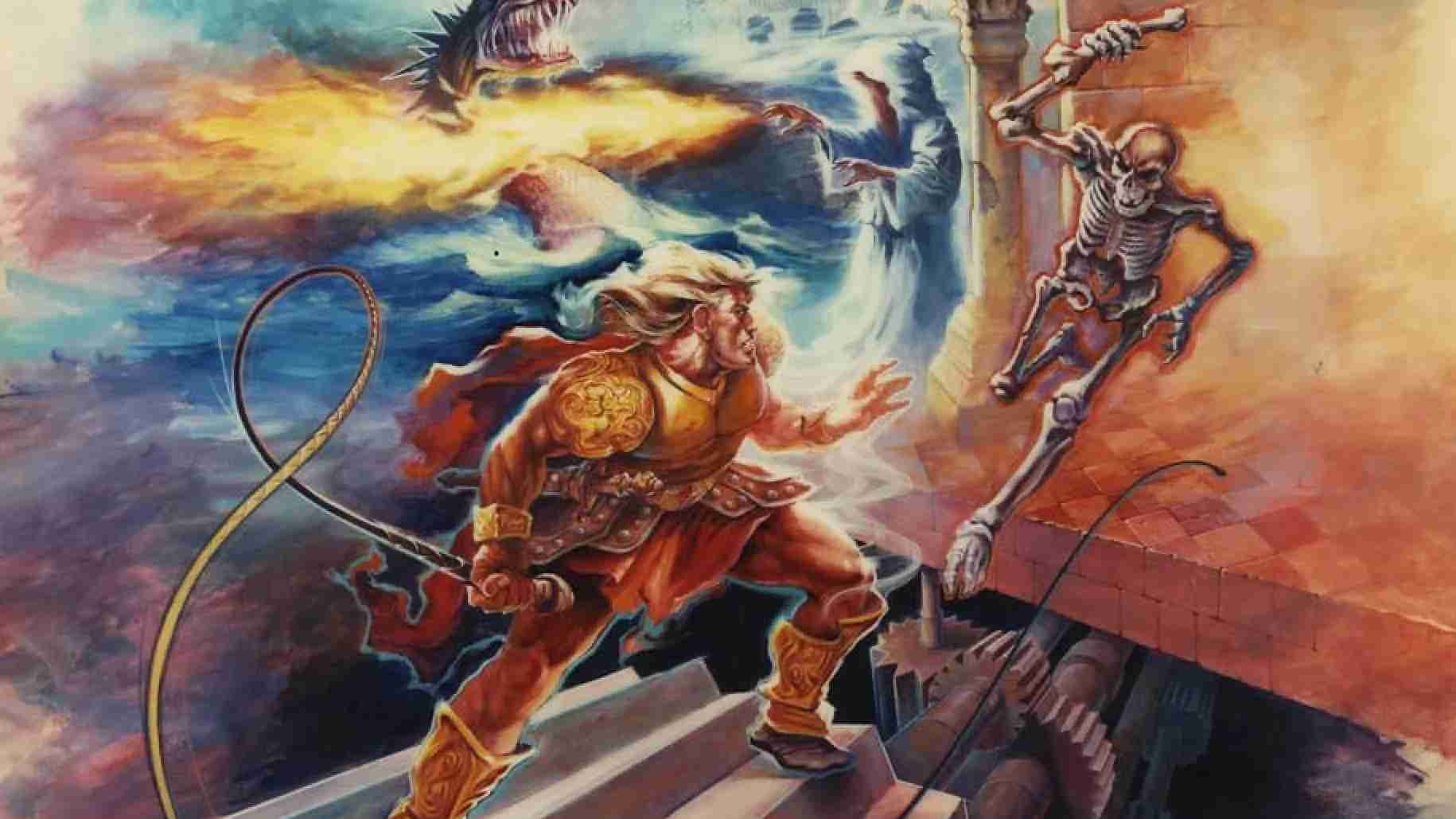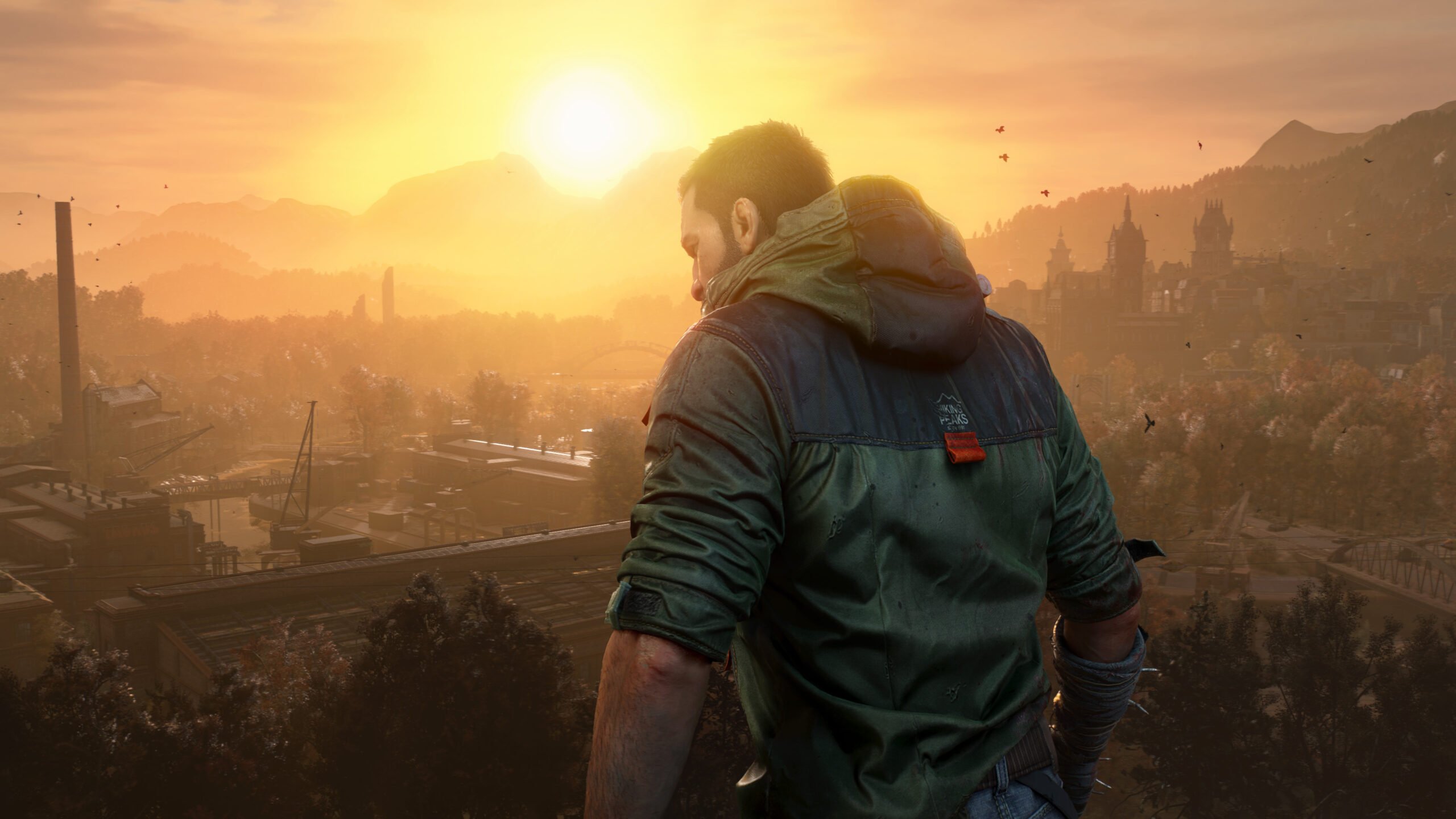We spend hours in the character editor of role-playing games – and yet in the end the character doesn’t look like us: the nose is too small, the eyes far too far apart and the chin too pointed. But do we even have to create an image of ourselves in order to enjoy an RPG? How important is identification with the protagonists in video games for us gamers?
Overview: All episodes of the GameStar podcast
We talk about this in this episode of our Plus podcast and quickly notice: Identification means something completely different for everyone.
- Michael Graf attaches great importance to the appearance of his character: he creates an alter ego with which he can fight on the side of the good guys. And that’s only possible with pants that match the top!
- Heiko blade doesn’t care about looks – all that counts for him are the stats, skills, motives and goals of his characters. Nothing is as much fun for him as min-maxing … until the storytelling throws a spanner in the works.
- Natalie Schermann doesn’t have the heart to break their values and morals in role-playing games, so thinks a lot about their decisions – only to screw it up anyway.
The identification with characters happens on different levels: optics, behavior of the characters, the reaction of the game world, social affiliation or even the gameplay can grab us players and lead us to feel stronger empathy. If we manage to cover our needs for autonomy, competence and social solidarity through a video game, they put us in a pleasant flow state, according to media theory. We discuss whether identification with characters is necessary for this flow state – or whether it basically doesn’t matter who you play and which pants the protagonist wears.










